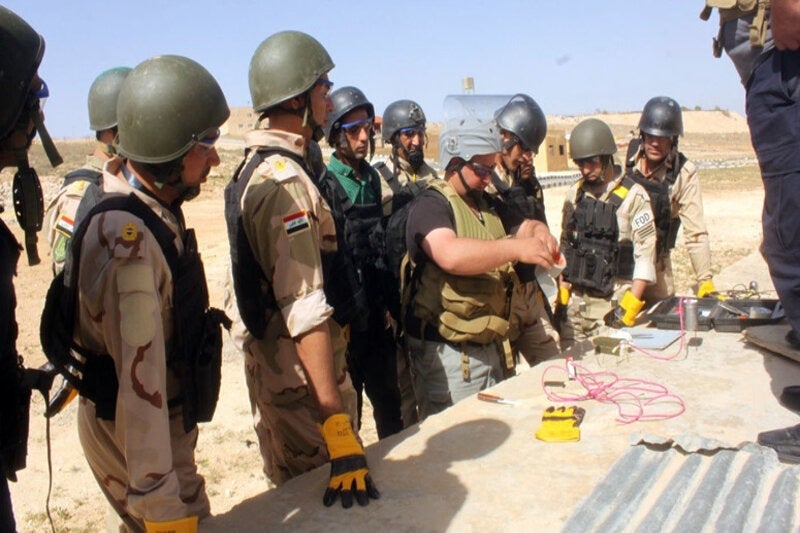
Nato has introduced a new curriculum to help allies and partner nations improve their counter-terrorism strategies.
Known as Counter-Terrorism Reference Curriculum (CTRC), it provides an outline of terrorist ideologies, motivations and methods based on historical examples.
The CTRC also offers an overview of current counter-terrorism practices and possible future projections.
Allies and partners can benefit from the curriculum by including it in their existing courses.
The curriculum will also serve as a reference document to respond to the needs of partner nation defence educational institution.
Nato Emerging Security Challenges assistant secretary-general Dr Antonio Missiroli said: “Security challenges like terrorism are not diminishing because of the global pandemic.
“Terrorism undermines our safety and the very values that underpin and inspire our societies.
“The alliance is committed to address this threat with all available means. Supporting improved awareness, strengthening resilience and building counter-terrorism capacity of both allies and partners are all part of this effort, and the CTRC perfectly fits these objectives.”
It has been developed in partnership between the Defence Education Enhancement Programme (DEEP), Nato’s Counter-Terrorism Section and the Partnership for Peace Consortium.
More than 100 experts from countries, including Tunisia, Jordan and Mauritania have contributed to the curriculum.
Nato Operations assistant secretary-general Dr John Manza said: “The CTRC will be available to all interested partners and Allies.
“DEEP will work diligently to help partners who request support in implementing tailored versions of the curriculum for their professional military education institutions.
“In light of the Covid-19 pandemic, and reflecting other longer-term trends, Nato will also work to implement the CRTC as a distance course, available to all partners who wish to use it in their institutions.”



